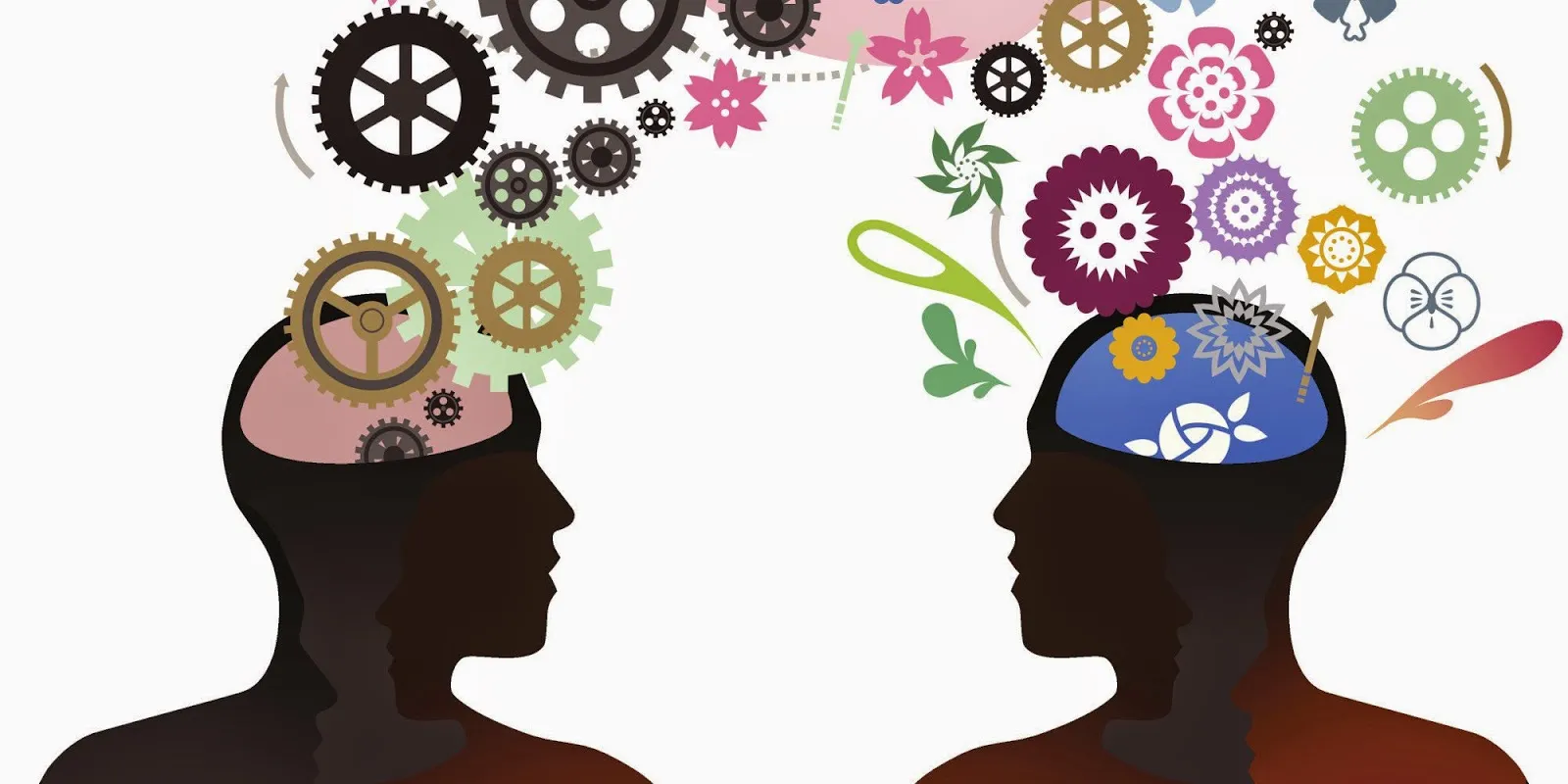
Emotional intelligence: Understanding and managing emotions can improve relationships and overall life satisfaction.
By Adedayo Oyetoke, Published on: May 18th 2023 3 min, 453 word Views: 1207
Emotional intelligence is the ability to understand and manage one's own emotions, as well as the emotions of others. It is a critical skill that can have a significant impact on our relationships and overall life satisfaction. In this blog post, we will explore the importance of emotional intelligence, its benefits, and strategies for developing this essential skill.
The Importance of Emotional Intelligence
1. Improved Relationships
Emotional intelligence is essential for building strong, healthy relationships. When we are emotionally intelligent, we are better able to understand and empathize with others, communicate effectively, and resolve conflicts in a constructive manner. This can lead to more fulfilling and satisfying relationships with friends, family, and romantic partners.
2. Better Mental Health
Emotional intelligence can also have a positive impact on our mental health. When we are able to understand and manage our emotions effectively, we are less likely to experience negative emotions such as anxiety and depression. Additionally, emotional intelligence can help us develop coping strategies for dealing with stress and adversity, leading to greater resilience and overall well-being.
3. Improved Work Performance
Emotional intelligence is also critical for success in the workplace. Individuals with high emotional intelligence are better able to work in teams, communicate effectively, and manage conflicts. Additionally, emotional intelligence can help individuals develop leadership skills and build strong professional relationships.
Strategies for Developing Emotional Intelligence
1. Practice Self-Awareness
Developing emotional intelligence begins with self-awareness. This involves paying attention to our own emotions, identifying our triggers, and understanding how our emotions impact our thoughts and behaviors. By developing self-awareness, we can begin to manage our emotions more effectively.
2. Develop Empathy
Empathy is the ability to understand and share the feelings of others. Developing empathy involves actively listening to others, putting ourselves in their shoes, and responding with compassion and understanding. By developing empathy, we can build stronger relationships and communicate more effectively.
3. Practice Mindfulness
Mindfulness involves being present in the moment and paying attention to our thoughts and feelings without judgment. By practicing mindfulness, we can become more aware of our emotions and learn to manage them more effectively. Additionally, mindfulness can help us develop greater empathy and compassion for others.
4. Seek Feedback
Seeking feedback from others can be a valuable tool for developing emotional intelligence. By asking for feedback, we can gain insight into how others perceive us and identify areas for improvement. Additionally, seeking feedback can help us develop greater self-awareness and empathy.
Conclusion
Emotional intelligence is a critical skill that can have a significant impact on our relationships and overall life satisfaction. By developing self-awareness, empathy, mindfulness, and seeking feedback, we can improve our emotional intelligence and build stronger, healthier relationships with others. Additionally, emotional intelligence can help us develop greater resilience and well-being, leading to a more fulfilling and satisfying life.
